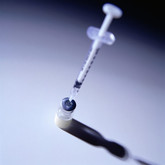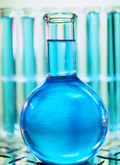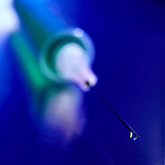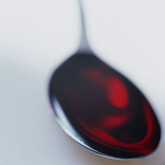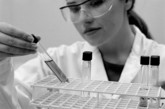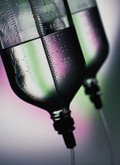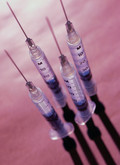Biosimilars/News
Marvel withdraws biosimilar insulin applications
EMA announced on 27 November 2012 that it had been informed by Marvel LifeSciences (Marvel) that the company would be withdrawing its authorization applications for its three biosimilar human insulins.
Approval of first biosimilar G-CSF in Japan
Mochida Pharmaceuticals (Mochida) and development partner Fuji Pharma announced on 21 November 2012 that they had gained approval for the first biosimilar granulocyte colony-stimulating factor (G-CSF) in Japan.
Reliance Life Sciences starts ‘similar’ infliximab trial in India
Reliance Life Sciences is starting a clinical trial for a ‘similar biologic’ version of infliximab in patients suffering with rheumatoid arthritis in India.
STC Biologics receives US$2.5 million for biosimilar mAb development
US-based biotechnology company STC Biologics announced on 10 October 2012 that it had entered into a US$2.5 million phase II Small Business Innovation Research (SBIR) contract with the National Cancer Institute (NCI) to develop a STC101, a biosimilar monoclonal antibody (mAb), for the treatment of cancer.
Samsung halts biosimilar rituximab development
South Korean electronics giant Samsung has halted clinical development for the biosimilar version (SAIT101) of Roche’s Rituxan/MabThera (rituximab).
TNF copy biological approved in China
China-based Simcere Pharmaceutical Group (Simcere) announced on 9 May 2011 that Shanghai Celgen Bio-Pharmaceutical (Shanghai Celgen) has received approval for Qiangke – a copy biological version of etanercept – by the Chinese authorities.
Brazil to manufacture follow-on adalimumab
The Brazilian Ministry of Health (Ministério da Saúde) announced on 5 April 2011 that it would be entering into an agreement with PharmaPraxis to manufacture a biosimilar, or follow-on version, of Abbott’s monoclonal antibody Humira (adalimumab).
Medicago and Cellectis in successful biosimilars research collaboration
Canadian biopharmaceutical company Medicago and Cellectis plant sciences, a subsidiary of Cellectis SA, French genome engineering specialist, announced on 4 October 2012 the successful completion of the first step in their research collaboration to improve therapeutic proteins produced in tobacco plants.
Teva halts phase III biosimilar rituximab trial
Israeli generics giant Teva Pharmaceutical Industries (Teva) has suspended its phase III trial of its biosimilar version (TL011) of Roche’s Rituxan/MabThera (rituximab).
EMA receives second application for biosimilar infliximab
According to EMA’s list of applications for new human medicines under evaluation by the Committee for Medicinal Products for Human Use released in September 2012, the agency will be reviewing a second application for a biosimilar version of infliximab.

